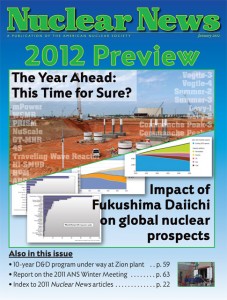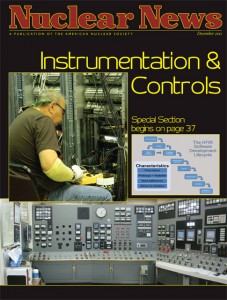IAEA COVID-19 project draws more than $28 million in funding
A health worker at the IAEA Seibersdorf Laboratories in Austria packs a COVID-19 support equipment package, which includes personal protective equipment, PCR machines, reagents, and laboratory consumables. Photo: D. Calma/IAEA
An initiative by the International Atomic Energy Agency to help nearly 120 countries contain the COVID-19 pandemic has received a financial boost from member states and Takeda Pharmaceutical Company Limited.
The IAEA announced on May 13 that Takeda, a biopharmaceutical company based in Tokyo, donated 500 million yen (about US$4.7 million). Two days earlier, the IAEA announced that pledges from more than 10 member nations totaled €22 million (about US$23.8 million).




 This is the weekly Carnival of Nuclear Energy Bloggers with contributions from the leading pro-nuclear blogs in North America.
This is the weekly Carnival of Nuclear Energy Bloggers with contributions from the leading pro-nuclear blogs in North America.